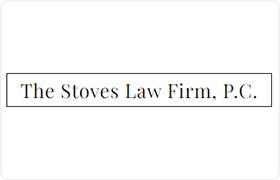Harvest White Collar Crime Lawyer, Alabama
Sponsored Law Firm
-
 x
x

Click For More Info:
-
The Stoves Law Firm, P.C.
9 Office Park Cir Suite 105 Birmingham, AL 35223» view mapCriminal Defense Legal Expertise You Can Rely On
The Stoves Law Firm, P.C. provides outstanding Criminal Defense and Litigation services to individuals and businesses throughout the State of Alabama.
800-818-9390
Not enough matches for Harvest White Collar Crime lawyer.
Below are all Harvest Criminal lawyers.
Shannon Matthew Moore
✓ VERIFIEDShannon Moore was born in Huntsville, Alabama. He is a graduate of Grissom High School and he received his undergraduate degree from the University of... (more)
Karen Denise White-Humphrey
✓ VERIFIEDKaren Humphrey Attorney at Law is located in Huntsville and Birmingham, Alabama providing representation for Personal Injury, Bankruptcy, Car Accident... (more)
FREE CONSULTATION
CONTACTFREE CONSULTATION
CONTACTRussell Wilson Crumbley
FREE CONSULTATION
CONTACT Jay Stoves Birmingham, AL
Jay Stoves Birmingham, AL Practice AreasExpertise
Practice AreasExpertise


